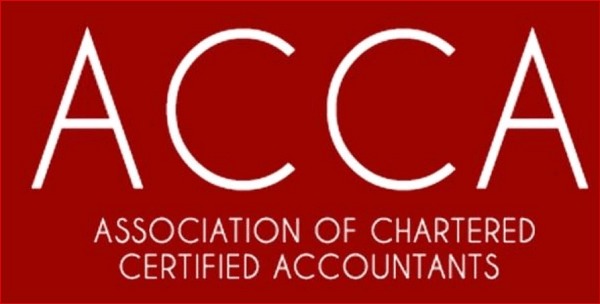ACCA (Association of Chartered Certified Accountants) is the global body for Accounting and Finance Professionals.
Following completion of up to 13 professional examinations, three years of supervised, relevant accounting experience and an ethics module, it enables an individual to become a Chartered Certified Accountant.
Let’s look at ACCA exemptions in more detail:
|
Qualification |
Exams to give |
Exemptions |
|
12th standard completion |
13 |
0 |
|
Commerce graduate |
9 |
4 |
|
M.Com |
9 |
4 |
|
CA IPCC (Both groups) |
8 |
5 |
|
CA |
4 |
9 |
Countries where ACCAs have signing authority
As a member of the ACCA, you have signing authority in most countries. You can sign audit reports and do self-practice in countries such as:
- The United Kingdom
- Canada
- Australia
- New Zealand
- Singapore
- The UAE
- Germany
- South Africa
- Switzerland
- Turkey
Remember, that you don’t have signing authority in India and cannot set up your own practice here. However, you can work with any audit firm including those in the Big 4 and other MNCs.
Why should you pursue ACCA?
· A great alternative to CA
· You stand out from the crowds
· You get to be a part of a niche community
· Work anywhere in the world
Scope Of ACCA in India
Most of the ACCA-qualified professionals in India are employed with the Big 4s or MNCs.
The leading employers in India for ACCA are Price Waterhouse Coopers, Ernst and Young, Deloitte, KPMG, TATA Communications, Embassy Group, Grant Thornton, etc. CA and ACCA members are increasingly offered similar job profiles, designations and salary packages.
India has taken another step closer towards globalisation by introducing Ind-AS drafted and implementing principles identical to IFRS.ACCA covers IFRS broadly in its syllabus, giving ACCA members in India an edge.
With many financial KPOs in India, India has become a central outsourcing hub for accounting and financial functions. In India, the salary offered to ACCA fresher students or members is between INR 3,00,000 to INR 8,00,000.



